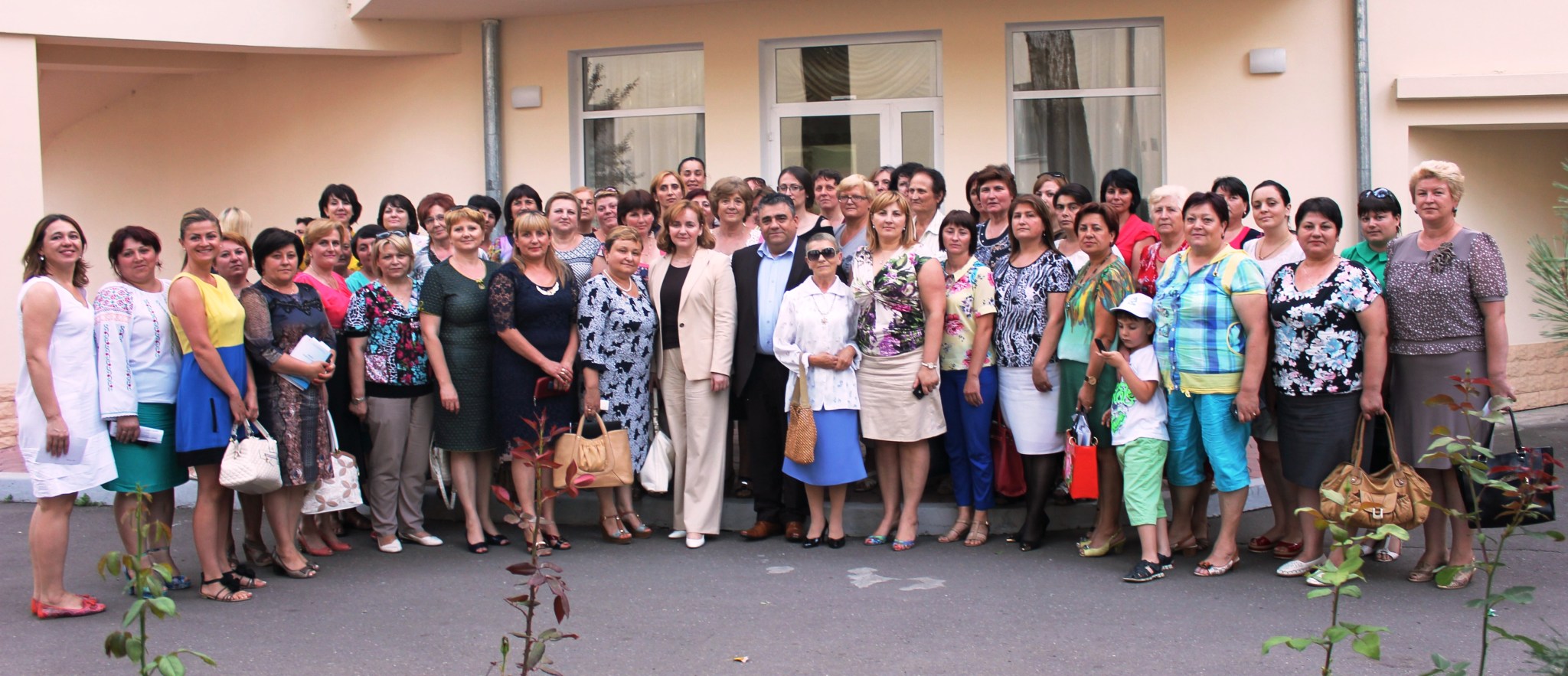
Every year, on 8 March, we celebrate International Women’s Day.
This day is not about flowers and chocolates, but about highlighting the existing global gender disparities and the need to push for gender equality and equal rights between women and men in all societies. The work to achieve the global goal of gender equality must however be extended to every day of the year.
The argument for supporting global gender equality is very clear to me: everyone—men as well as women—and society as a whole stands to gain from it. Women are untapped resources in many countries, and it’s only by fully including women in the political and economic spheres of the society that a country can achieve its full potential.
Countries that support women’s political and economic empowerment tend to be more inclusive, responsive and prosperous. It is thus evident that the work for gender equality and the empowerment of women is not just an issue for women. It is a global challenge that countries should accept not only because it the right thing to do, but because it serves the interest of society as a whole.
Gender equality and women’s empowerment needs to be approached from many directions. It involves striving for better political representation of women at all levels: starting with local government all the way to national and international leadership. It also involves ensuring that young girls and women have equal access to training and education, as well as to the labor market. And it certainly involves changing attitudes towards gender equality and women’s empowerment, and here I think positive changes are underway, not least among the younger generation.
Global challenges requires global efforts, but not only by part of humankind. As much as individual societies stand to gain from gender equality, so does the international community. Women as well as men need to be involved in the global efforts to make the world a better place to live for generations. –
—
Ms. Natalia Gherman served for three years as Deputy Prime-Minister and Minister of Foreign Affairs and European Integration of the Republic of Moldova (May 2013-January 2016). Ms. Gherman was the Chief Negotiator for Moldova for the Association Agreement and Deep and Comprehensive Free Trade Area with the European Union. Ambassador Gherman also successfully led the EU-Moldova visa dialogue that resulted in visa liberalization for Moldovan citizens travelling to the EU. In June-July 2015 she was Acting Prime-Minister of the Republic of Moldova. Ms. Gherman is a career diplomat holding the diplomatic rank of Ambassador. Her leadership qualities and excellent negotiation skills are highly appreciated in her own country and internationally.
Top